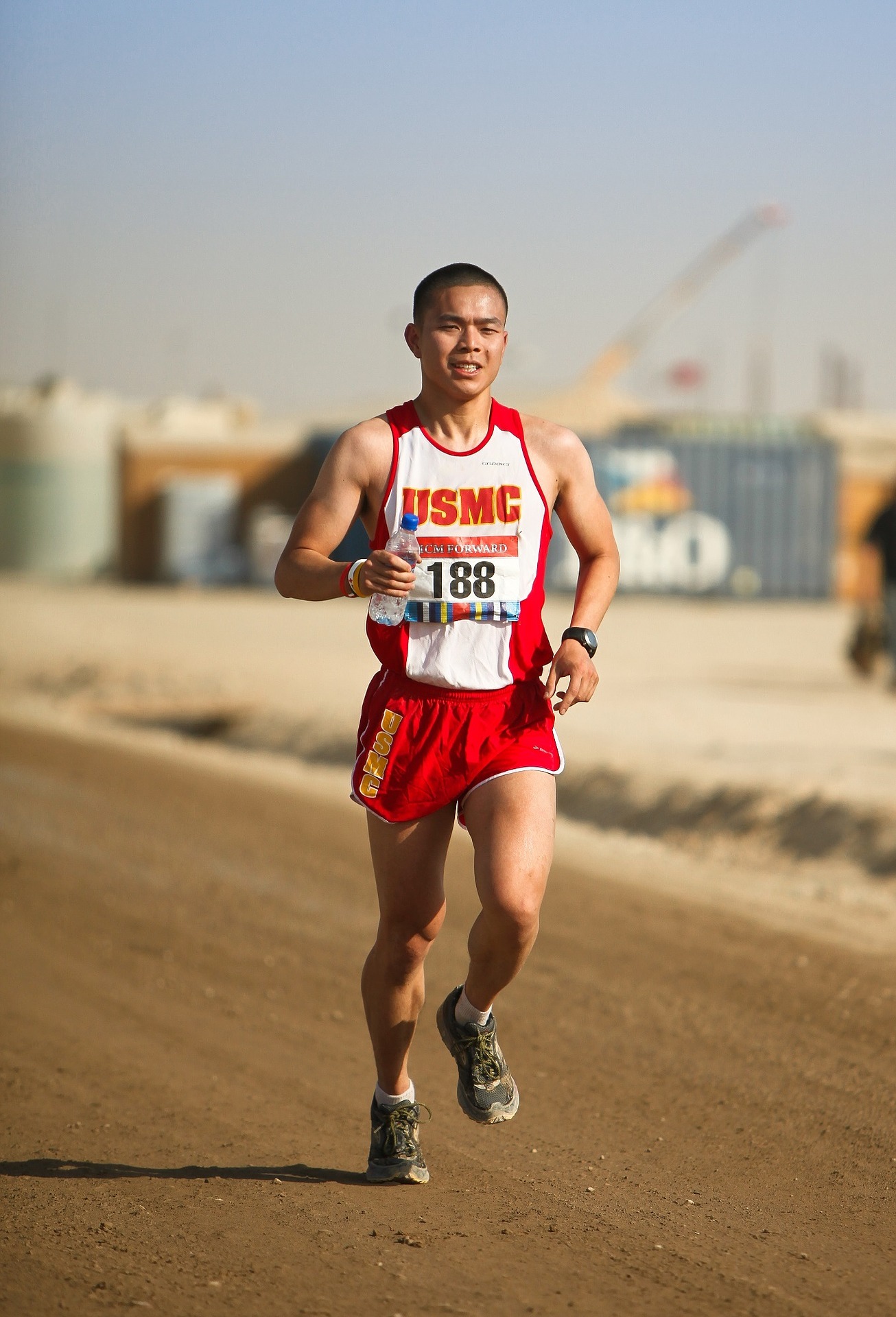Rowing.
Swimming..
Cycling...
Kettlebells....
Jumping Rope.....
Stair Climber.....
Running
Fuel up: Choose a pre-workout meal that's low in fat and sugar, moderate in protein and high in
carbs, like a smoothie made with almond milk, banana and berries. ...
Recover from it: After your workout, your body has a 20- to 30-minute “metabolic window,” when
your muscles absorb nutrients most efficiently.
Cardio training generally involves exercising at a constant moderate level of intensity, for a specified duration, during which the cardiovascular system is allowed to replenish oxygen to working muscles. Typical activities include walking, jogging, cycling, swimming, jump rope, stair climbing, and rowing.
Which cardio burns the most fat?
Sprinting ,
High-intensity interval training ,
Rowing ,
Swimming ,
Cycling ,
Kettlebells ,
Jumping Rope ,
Stair Climber.
How often should you do cardio?
Generally, aim to do either :
30 minutes of moderate-intensity cardio activity at least five days per week (150 minutes
per week)
at least 25 minutes of vigorous aerobic activity three days per week (75 minutes per week)
Does cardio burn muscle?
Cardio can help you burn fat, but as Rondel stated, you'll more than likely lose muscle
mass. ... Your workouts should also focus on muscle hypertrophy (maximal muscle growth)
where you perform three to five sets of 12 to 15 reps per exercise.
How many minutes of cardio should you have a day?
30 minutes
The frequency of your workouts will depend on your fitness level and your schedule. The
general guidelines are: For health, try moderately-intense cardio 30 minutes a day, five
days a week, or vigorously-intense cardio 20 minutes a day, three days a week.
